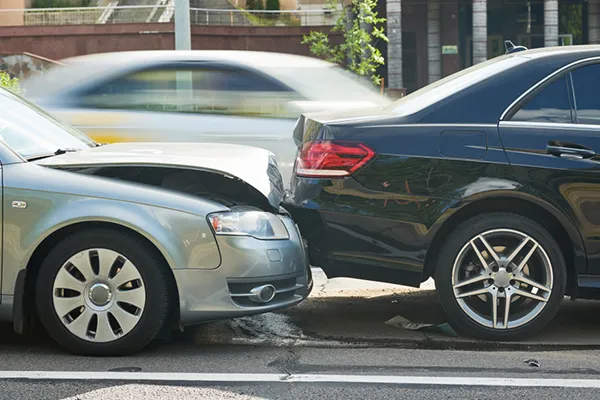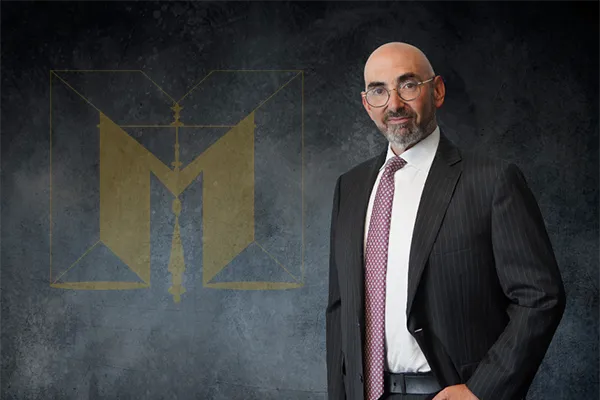Raleigh's Trusted Motorcycle Accident Attorney
Fighting for not Just Any Settlement – The Maximum Settlement!
Schedule a Consultation
Frequently Asked Questions
Prioritize your safety and well-being. If possible and safe, move to the side of the road.
Call 911 to report the accident to law enforcement and ensure medical personnel are dispatched. Even if you feel okay, some injuries might not be immediately apparent.
Exchange information with all involved parties (driver’s license, insurance, contact details).
If you’re able, take photos and videos of the accident scene, vehicle damage, your injuries, and any contributing factors like road conditions or traffic signals.
Avoid admitting fault or making statements that could be misinterpreted, as North Carolina has a strict contributory negligence law.
Yes, North Carolina law requires all motorcycle operators and passengers to wear a safety helmet at all times.
Helmets must comply with Federal Motor Vehicle Safety Standard 218 (FMVSS 218) and have a “DOT” sticker permanently affixed by the manufacturer. They must also have a firm inner liner of polystyrene foam, approximately one inch thick.
North Carolina follows a strict “contributory negligence” rule, which is unique among most states. This means that if you are found to be even 1% at fault for your motorcycle accident, you are generally barred from recovering any compensation for your injuries and damages.
There are limited exceptions to this rule, such as the “last clear chance” doctrine (where the other party had the last opportunity to avoid the accident despite your negligence) or if the other party’s conduct was grossly negligent or willful/wanton. Due to this strict rule, it’s crucial to consult with an experienced attorney immediately after an accident.
In North Carolina, the standard statute of limitations for most personal injury claims, including motorcycle accidents, is three years from the date of the accident.
For wrongful death claims resulting from a motorcycle accident, the statute of limitations is generally two years from the date of death.
Missing these deadlines typically means you lose your right to file a lawsuit and seek compensation.
If you can prove the other party was at fault and you were not contributorily negligent, you may be able to recover various types of damages, including:
Economic Damages: Medical expenses (past and future), lost wages (past and future), property damage (motorcycle repair or replacement), and other out-of-pocket expenses.
Non-Economic Damages: Pain and suffering, emotional distress, disfigurement, and loss of enjoyment of life.
Punitive Damages: In rare cases where the defendant’s conduct was exceptionally reckless, malicious, or involved willful/wanton behavior, punitive damages may be awarded to punish the at-fault party and deter similar conduct. These are typically capped in North Carolina, with some exceptions.
The Personal Injury Cases We Handle
Car Accidents
Drunk Driving Accidents
Head-on Car Accidents
Bus Accidents

Motorcycle Accidents
Personal Injury
Truck Accidents
Rideshare Accidents
Successful Wins for Our Clients
Proven Results,
Real Justice.
$421,000
$286,300
$225,750
Why You Should Choose Us for Your Motorcycle Accident Claim
What sets us apart? We believe that your financial recovery should come first, and we stand by our commitment to fairness and transparency.
- 25% Lawyer
- Decades of Personal Injury Experience
- Personalized Attention
- History of Securing Significant Settlements
At Mogy Law Firm, we know how overwhelming life can feel after a car accident. We’ve guided countless clients through the same challenges, providing the compassionate support and aggressive legal representation needed to secure justice. With our team by your side, you can focus on moving on while we fight for the compensation you deserve.


We're Here for You
Our mission is to ease the stress and uncertainty that often follow a car accident. We handle the legal battles so you can concentrate on your recovery. We are committed to securing the compensation you rightfully deserve, ensuring you can move forward without additional worries.
Let us be your advocate in this difficult time. Contact Mogy Law Firm today for a free consultation, and let’s win this together.



